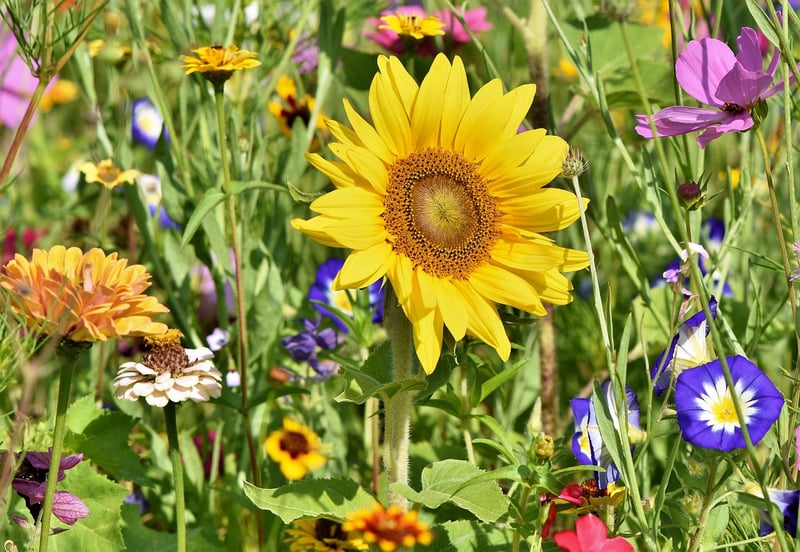Permaculture Practices
Environmentally Conscious Gardening and Permaculture Practices
Welcome to our guide on environmentally conscious gardening and permaculture practices! In today's world, where sustainability and environmental consciousness are becoming increasingly crucial, adopting eco-friendly gardening methods is a fantastic way to contribute positively to the planet while enjoying the beauty of your garden. Let's explore some essential practices to help you create a sustainable and thriving garden ecosystem.
1. Choose Native Plants
Native plants are well-suited to your local climate, soil, and wildlife, requiring less water, fertilizer, and pesticides. They also provide essential habitats and food sources for local insects and animals. Consider incorporating native plants into your garden to support biodiversity.
2. Composting for Soil Health
Composting kitchen scraps and garden waste is a fantastic way to create nutrient-rich soil for your garden. It reduces the amount of waste sent to landfills and eliminates the need for chemical fertilizers. Start a compost pile or bin in your garden and watch your soil thrive!
3. Water Conservation Techniques
Efficient water usage is key to sustainable gardening. Consider collecting rainwater in barrels for irrigation, utilizing drip irrigation systems, and mulching to retain soil moisture. These practices help conserve water and reduce your garden's environmental impact.
4. Implement Permaculture Design Principles
Permaculture is a design system that mimics natural ecosystems to create productive and sustainable gardens. By following permaculture principles such as companion planting, polycultures, and creating beneficial insect habitats, you can enhance biodiversity and productivity in your garden.
5. Avoid Harmful Chemicals
Avoid synthetic pesticides and herbicides that can harm beneficial insects, birds, and soil organisms. Instead, opt for natural pest control methods like companion planting, attracting beneficial insects, and using organic pest repellents to maintain a healthy garden ecosystem.
6. Continuous Learning and Improvement
Stay informed about sustainable gardening practices and continue to learn and experiment in your garden. Join local gardening groups, attend workshops, and exchange ideas with fellow gardeners to improve your skills and contribute to a greener planet.
By incorporating these environmentally conscious gardening and permaculture practices into your gardening routine, you can create a beautiful and sustainable garden that benefits both you and the environment. Let's cultivate a greener future together!

For more inspiration and resources on sustainable gardening and permaculture, check out Permaculture.org.
